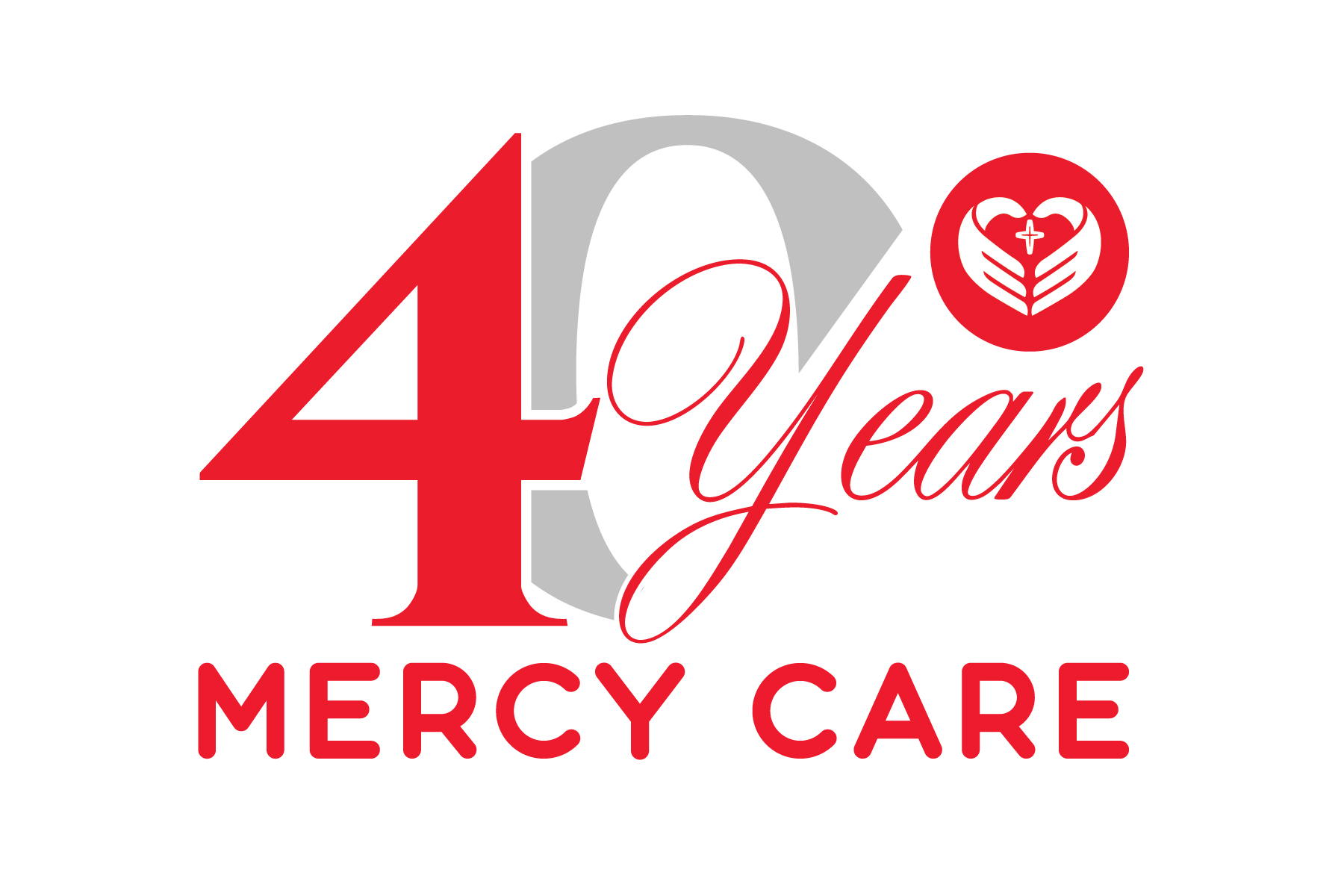
Physical and spiritual work
There is a place down by the MARTA tracks between the MLK and Georgia State stations you don’t want to go. The people who live there call it “the dungeon,” and only the most desperate of Atlanta’s homeless go there. This is where Street Medicine program director Joy Fernandez De Nayan first found Doug.
Wheelchair-bound and having given up on life, Doug had been living on the streets for years. “Every time we would visit, he would cry,” Joy said. “You came back! I can’t believe you care about me!” he’d say. Doug was repeatedly let down by the people in his life who were supposed to take care of him. Though eligible for disability benefits, he fell victim to a complicated government welfare system with no one to advocate for him.
With soup kitchens and shelters closing due to COVID-19, Joy says she’s noticed an increase in people living on the streets over the past few months. Combined with recent civil unrest in Atlanta and an increase in violent crime, she says many of their regular patients are afraid and struggling more than usual. “So much of our work is about building trust with those who don’t trust easily,” says Joy. “And now, because of social distancing requirements, we can’t comfort or hug our patients, and, because we are masked, they can’t see us smile. It has been a real setback.”
During the past few months, the Street Medicine team has been visiting with existing patients, distributing masks and hand sanitizer, and educating on cleanliness, especially those who don’t have regular access to soap and water. One bright spot has been the creation of the “Healthy Hotel.” With community ally, Partners for Home, the healthy hotel was a 200-bed facility created for those living on the streets with the highest risk of death from COVID-19. These individuals receive case management services, which in turn got them into permanent supportive housing. It was here Doug finally landed on his feet.
Permanent supportive housing combines affordable housing assistance with wraparound case management and primary care services to address chronically homeless people’s needs. With Mercy Care’s Street Medicine team’s help, Doug was able to get off the streets and into a safe environment. He began receiving disability payments and is committed to his sobriety. With support, he has willingly gone to doctor’s appointments, had psychiatric evaluations, and is now living in permanent supportive housing.
Joy attributes much of Street Medicine’s success to the special people working the program who go above and beyond for their clients. In addition to making sure no one falls through the cracks, she says staff are masters of lifting the self-esteem of all our patients, but “especially those who seem to have lost touch with their own humanity.”
“Everyone is passionate about both the physical work of healing and housing and the spiritual work of relationship building and soul-fixing.”
– Joy Fernandez De Nayan, Program Director, Street Medicine




